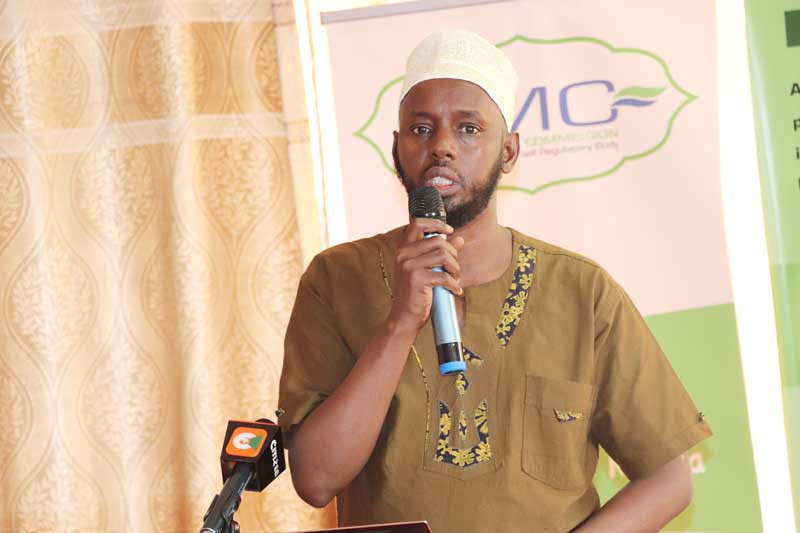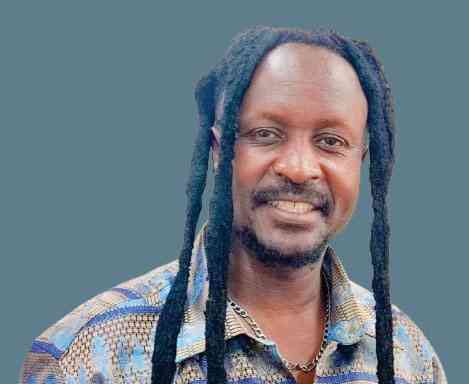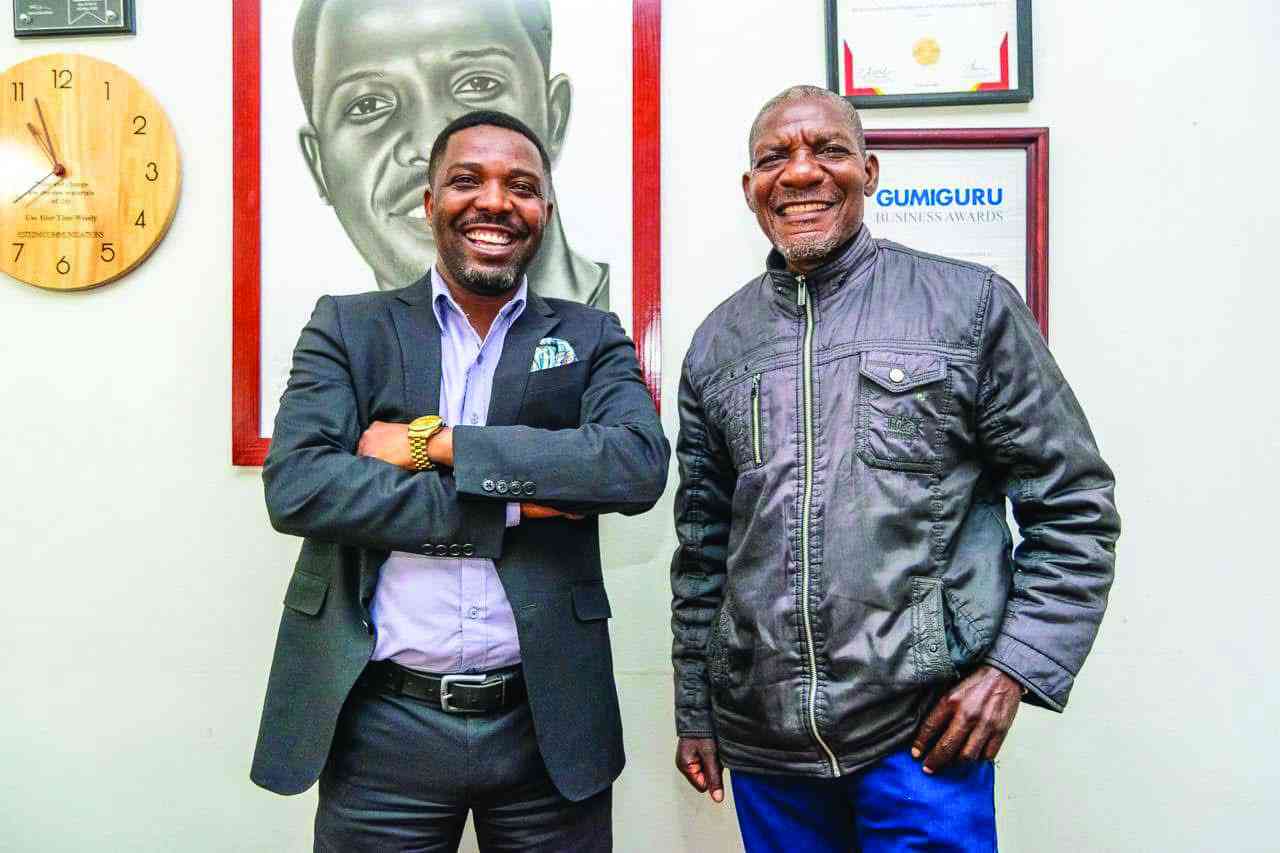
Climate justice activists have urged African governments to find practical ways to root out climate injustice on the continent.
Climate change affect people disproportionately around the world and in Southern Africa, extreme weather events including floods and heat have hit hard on poor communities.
Africa, which is the most populous continent after Asia, is poorly developed making most of its population vulnerable to climate change impacts.
“The thing that we are lacking is the discussion of the root cause of climate change in a way that can provide a clear and compelling argument that mobilises our political leadership to exercise urgency and leadership,” says the founder of climate think tank Power Shift Africa, Mohamed Adow while speaking at a media conference on pre-United Nations Climate Change Conference known as COP27.
“It is not enough to say that rains are failing in Kenya and the rest of the horn of Africa and people are suffering from drought.
“I think they need to go far and tell people why droughts in that part of the world are becoming severe.”
COP27 will take place next month in Sharm El Sheikh, Egypt.
Africa contributes less to the root causes of climate change with less than 4% of the world’s carbon emissions.
- Govts urged to nip climate injustice in the bud
- UN climate summit adopts new loss, damage fund
Keep Reading
But the continent has seen some of the worst dangers of climate change, with temperatures rising faster than the global average.
In 2019, eastern parts of Zimbabwe were hit by Cyclone Idai which claimed the lives of more than 300 people while destroying infrastructure worth $622 million.
More recently, South Africa lost at least 453 people due to floods in April this year.
Tropical storms also took a toll in Mozambique, Malawi and Madagascar.
Kenya is also experiencing the worst drought precipitated by the effects of climate change.
Daniel Ogbonnaya, a Rwanda representative at Global Green Growth Institute, a treaty-based inter-governmental international development organisation, says addressing climate change requires coordination among many government and non-government actors.
“Improving the lives and livelihoods of women, youth, and other marginalised groups is vital for an equitable, productive, resilient and sustainable future,” he says.
“Africans need to ensure that people are at the centre of whatever they do when it comes to transition in climate resilience growth towards an effective change to make more sustainable resilience.”










